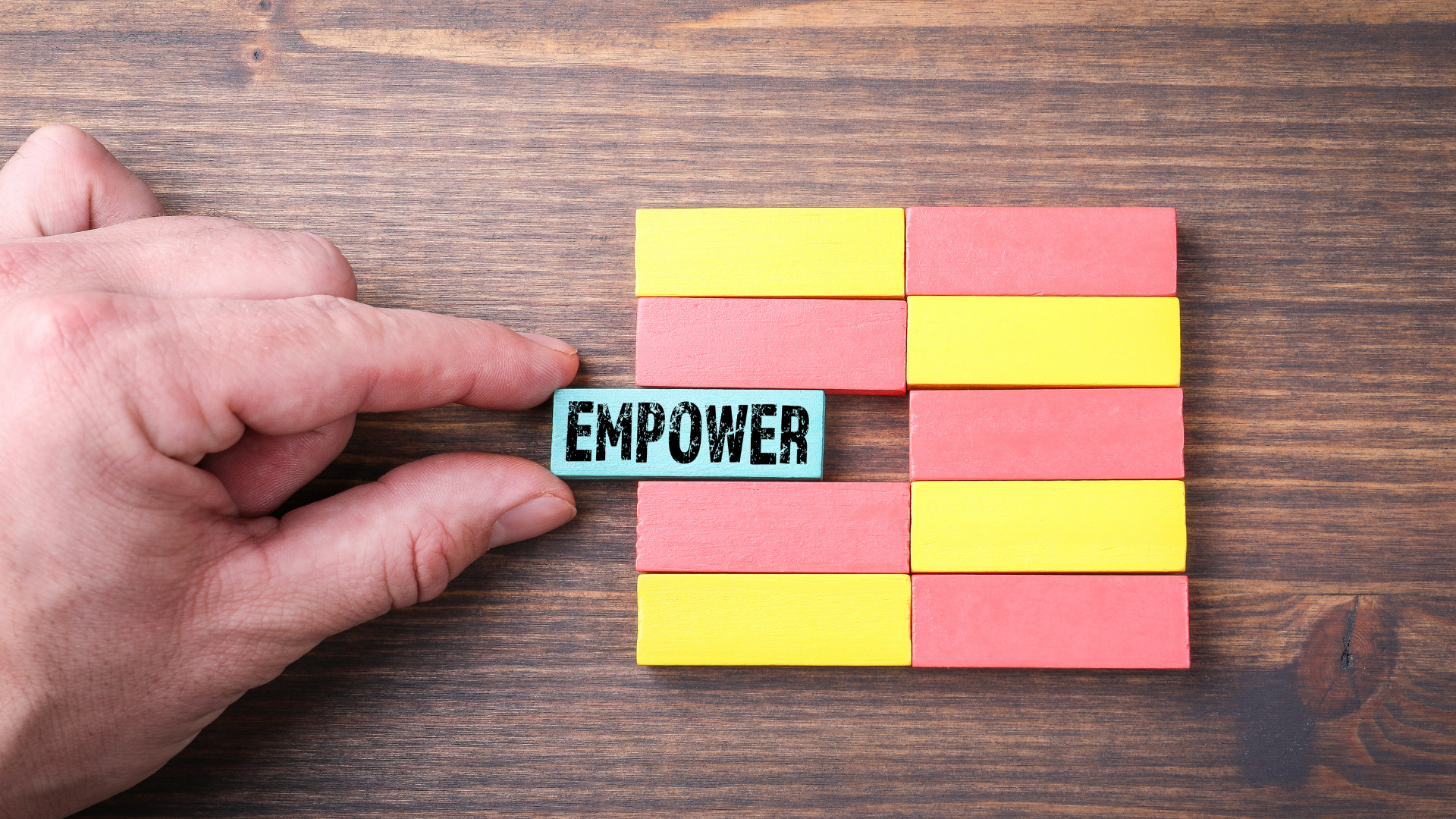Personal Power: The Superpower of An Exceptional Leader

"The key to successful leadership today is influence, not authority." —Kenneth Blanchard.
To be an effective and exceptional leader— in both the good times and the bad — one must master the art of influence.
Influence, by definition, is the capacity to sway others' behaviour in the desired direction using essential methods that engage, connect, and inspire them.

As a leader, there are two ways through which you can exert your influence.
The first one is through Positional Power.

Positional power, also known as inherent power, refers to the 'influence' you have because of your position. People who lead with positional power tend to resort to coercion when they want others to do something.
For instance, as a leader, you can 'influence' your subordinates by simply pulling rank. However, this kind of influence is superficial - it is only effective for a limited period and will not win over your people's hearts and minds.
The second way you can exert your influence is through Personal Power.

Personal Power is a critical leadership competency that every aspiring leader must develop before leading others. It has to do with being able to lead yourself.
This type of power is much more magnetic, and it relates to the individual irrespective of their position.
Unlike leaders who use their authority to force others to act in ways that are not in their organization's best interest, Personal Power is a type of power that does not force but influences.
Leaders who lead and influence with Personal Power know that the power acquired from their position has boundaries and needs to be used carefully and sparingly. Their leadership is based and driven by the values of integrity, love, compassion, authenticity, generosity, humility, and respect for self and others, rather than by the desire to overpower or control others. They possess a sense of self-confidence and an inner knowing that they have what it takes to meet life's challenges, setbacks, problems, and adversities. Such leaders can steer their brand from pitfalls and rally their team members to work hard toward their organisation's goals.

So how do you become such a leader?
Here are developmental tips on how to develop your Personal Power as a leader:
1. Know yourself and know what you stand for.

If you don't stand for something, your Personal Power will quickly weaken. A leader who is not self-aware and does not know what they stand for will not lead any organisation well. They are insecure, unsure, and unstable. They do not know what they value and what grounds they stand for. Because of this, they fall for anything. Knowing yourself and what you stand for will help you manage your emotions and serve as a foundation for every decision you make.
Helpful exercises:
• Check your feelings and emotional state regularly.
• Be aware of your emotions – what emotion you are currently feeling and why you feel that way.
• List down and contemplate on what you value most. Evaluate how these values impact your life.
2. Believe in yourself.

Leaders who believe in themselves are secure and stable, and so are their people. They possess a sense of self-confidence and an inner knowing that they have what it takes to meet life's challenges, setbacks, problems, and adversities.
Helpful exercises:
• Make an effort to remember your life's achievements. Remember how you felt when you achieved them.
• Identify and harness the emotions linked with the skills that help you to succeed.
• If you lack confidence or Personal Power, try to identify what causes it and seek out training (formal or informal) to boost your confidence.
• Envision yourself as intelligent, competent, articulate, poised, and admired.
• Try working on your assertiveness.
• Don't put yourself down. Be aware of how you treat and communicate with yourself.
3. Learn to let go.

Great leaders know when to give in and when not to. They are personally in control of their lives. They refuse to let other people, circumstances, failures, and their emotions control them. Because if they do give in, they essentially hand over their Personal Power to whoever is trying to push their buttons.
Helpful exercises:
• Learn to let go of situations and circumstances you have no control over and focus on the things you have control over.
• Set healthy boundaries. Learn to communicate about them.
• Do not let your failures keep you from trying again. Instead, move on from them.
• Seek the help of a coach or mentor.
Conclusion

Leaders who have a high level of Personal Power are the best leaders. They can indeed bring any individual, team, or organisation to greater heights.
You can be in control of where you want to take your life, your team, and your organisation. To do this, you need to start nurturing your Personal Power now.
We Are Here to Help
At People Builders, we have a team of expert trainers and coaches who can help you in building you and your team’s Emotional Intelligence. Contact us today for a quick chat to see how we can partner with you to train and coach you and your team.
If you are interested in becoming certified to be a trainer and coach in Social and Emotional Intelligence, Applied Neuroscience, or Extended DISC, go to our People Builders Institute website.
Let's start a conversation!
Contact us to see how we can partner with you to bring out the best in your people.
We hate SPAM. We will never sell your information, for any reason.



